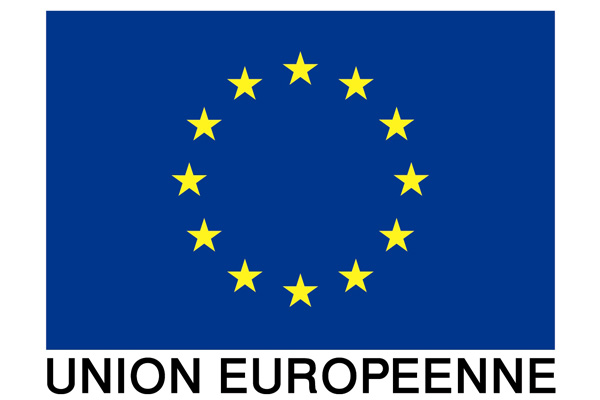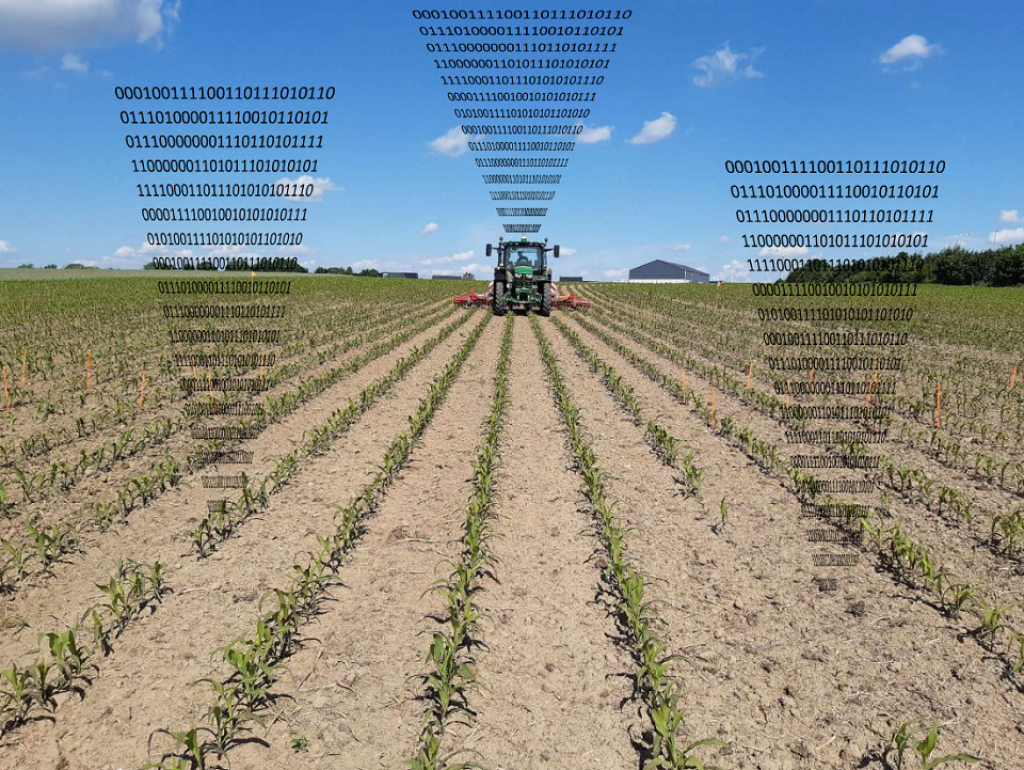These services, which are based on networks of sensors and high-resolution remote detection, will improve the ability to acquire a series of traits of agricultural ecosystems in real time. This information will be used to develop predictive models, within the context of climate change and the agroecological transition. These tools will be primarily intended for research bodies, companies involved in breeding and plant protection as well as farmers.
PHENET relies on a series of case studies to demonstrate the applicability of these technological solutions in various sectors: crop health and phenology, soil quality, genotype-environment interactions in field crops and orchards, associated crops and landscape systems. This European project (2023–2027) aims to implement common actions intended to set up low-cost sensors and multi-sensor platforms, to centralise and aggregate data acquired at various levels (satellites, drones, soil measurements), to develop growth models and to organise training activities.
In particular, the CRA-W will provide expertise in managing trials, assessing varieties and developing analytical methods on site using visible and near infrared optical sensors. It will be involved in coordinating the case study about the crop health. This case study will aim to propose/validate phenotyping tools, in collaboration with GEVES and Agroscope, which were developed within the framework of the Phenwheat and Invite projects, in order to monitor the development of fusarium head blight on wheat in experimental plots. The CRA-W will also explore the use of various sensors/platforms (sensors on a tractor-mounted ramp, phenoman system), the potential transferability of different approaches for detecting other diseases in cereal crops and the potential for real-time predictions.
As a result, PHENET will serve as a demonstration of all these phenotyping services. It will provide new indicators for assessing varieties. It will also help to remove the existing constraints in Wallonia around the acceptance and use of these new technologies in the agricultural sector.
Funding: The European Union’s Horizon Europe research and innovation programme (Agreement no. 101094587)









